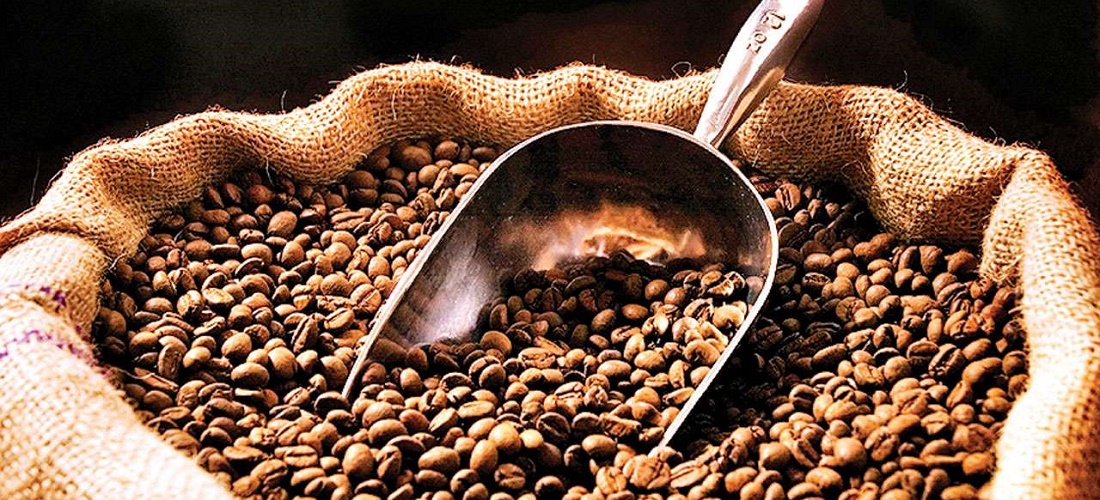
Record Coffee Exports Spark Debate Over Conab Data; Rice Producers Echo Concerns
Jan, 17, 2025 Posted by Denise VileraWeek 202503
Brazil closed 2024 with a record-breaking coffee export milestone: 50.443 million 60-kg bags. This volume nearly matched the National Supply Company’s (Conab) estimated production of 54.8 million bags for the year’s harvest, raising concerns across the coffee sector.
Executives at the Brazilian Coffee Exporters Council (Cecafé) noted that Conab’s forecasts for Brazil’s coffee crop—positioned as the world’s largest producer and exporter—have traditionally been more conservative than projections from consultancies and organizations like the U.S. Department of Agriculture (USDA).
The issue has reignited scrutiny over the accuracy of official figures. Eduardo Heron, Cecafé’s technical director, highlighted a significant gap between Conab’s production estimate and Brazil’s export potential:
“With a forecast of 54 million bags and the potential to export 52 million—if not for 1.6 million bags stuck due to logistical bottlenecks—it begs the question: are we consuming no coffee domestically, or is Conab’s data inaccurate?”
Heron stressed that Brazil, as the world’s second-largest coffee consumer, has an annual domestic demand of approximately 20 million bags. This discrepancy, he said, underscores the urgent need to reassess production estimates.
Longstanding Discrepancies and Search for Solutions
Cecafé’s general director, Marcos Matos, noted that inconsistencies in crop estimates are not new. He referenced a Conab analysis that revealed a cumulative deficit of 103 million bags between 2000 and 2020 when factoring in production, domestic consumption, and exports.
“This is a serious issue,” Matos said, adding that discrepancies are particularly pronounced in canephora coffee (robusta), whose productivity has surged in recent years.
To address these gaps, Cecafé is spearheading a project to implement georeferencing technology for coffee farms, a move expected to improve the accuracy of Conab’s data. While critical of the current methodology, Cecafé president Márcio Ferreira called for constructive engagement:
“We should avoid pejorative criticism, but it’s clear that Conab’s methodology requires significant revision.”
Rice Producers in Rio Grande do Sul Echo Concerns
On the same day, rice producers in Rio Grande do Sul—Brazil’s top rice-producing state—also challenged Conab’s data. In a joint statement, the Federation of Agriculture of the State of Rio Grande do Sul (Farsul) and the Federation of Rice Associations (Fedearroz) accused the agency of overestimating the state’s harvest.
According to the Rio Grande do Sul Rice Institute (Irga), the planted area expanded by just 2.69% compared to 2023, far below Conab’s reported growth of 9.7%. The organizations warned that such discrepancies could have billion-dollar implications by skewing cereal prices.
“The release of inaccurate data seems aimed at manipulating prices, to the detriment of producers, industries, and consumers,” the statement read.
In response, Conab defended its estimates, stating they are based on the most up-to-date data available. The agency also announced plans to enhance its survey methodologies and promised revised figures in its February report.
The growing debate over the reliability of official agricultural data underscores the need for more robust methodologies. Accurate figures are critical not only to avoid economic disruptions but also to preserve the credibility of Brazil’s agricultural sector on the global stage.
Source: G1
-
Port Rankings
Feb, 17, 2021
0
Ranking of Brazilian and Plate ports – January to December 2020
-
Grains
Mar, 31, 2023
0
Argentina’s grains inspectors union to launch indefinite strike
-
Economy
Aug, 19, 2022
1
Exports: Brazil buys 36% of Paraguay shipments
-
Coffee
Apr, 15, 2024
0
Brazilian Coffee Promotion in China Poised to Generate Nearly $7 Million in New Business Deals


